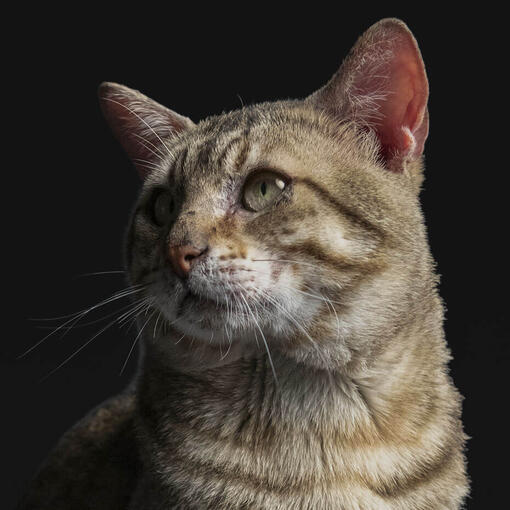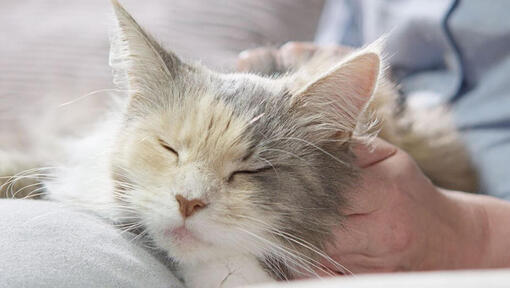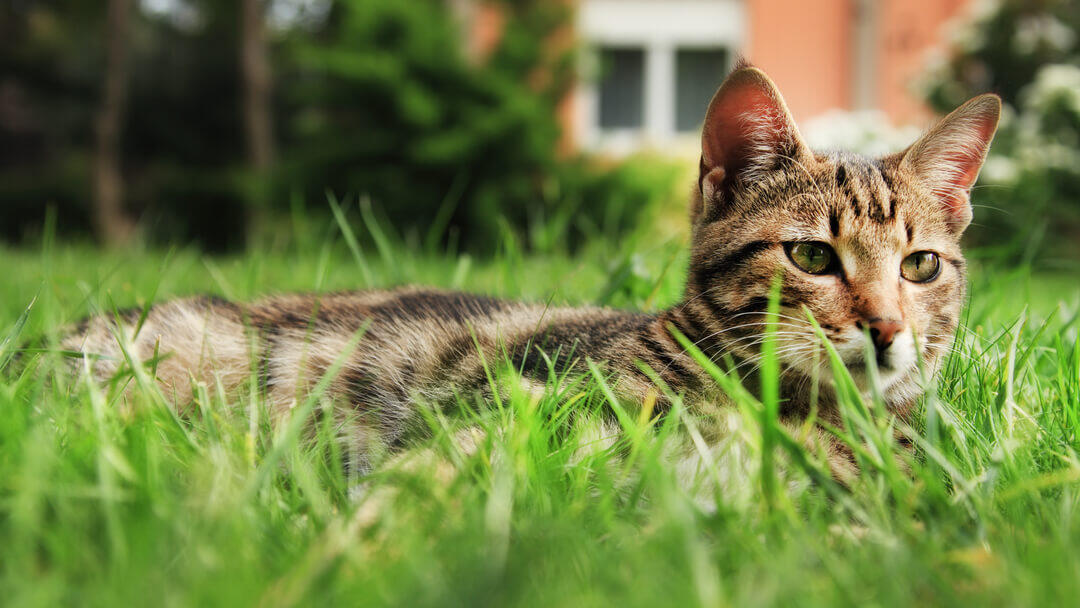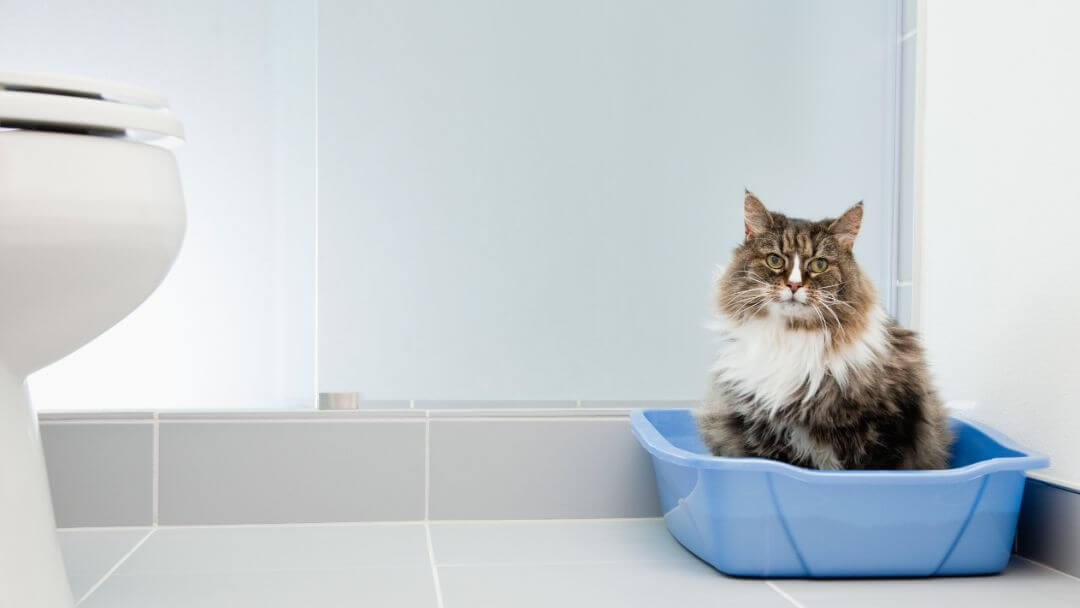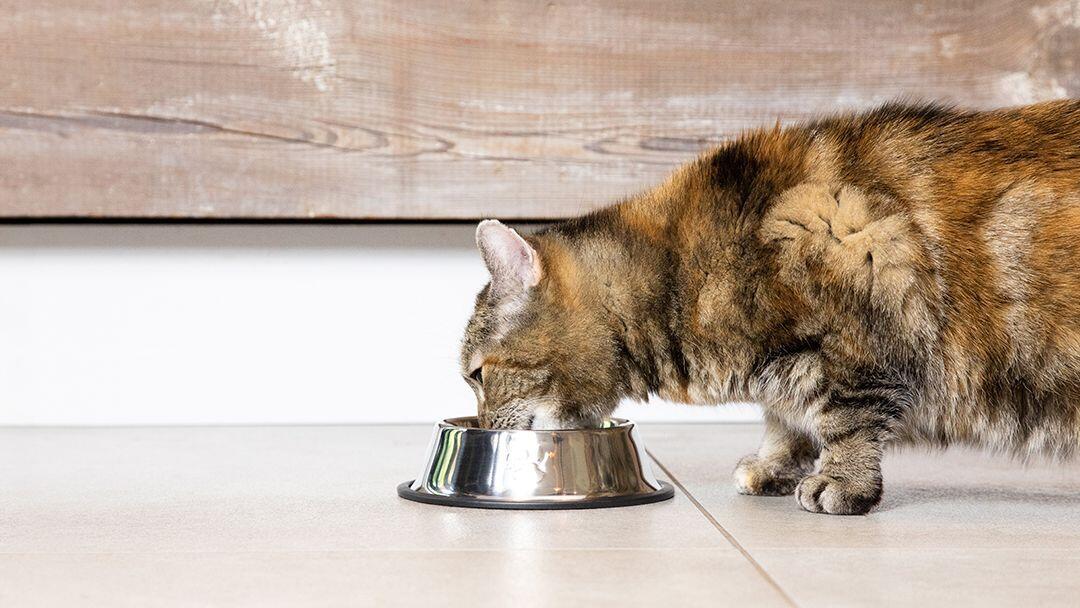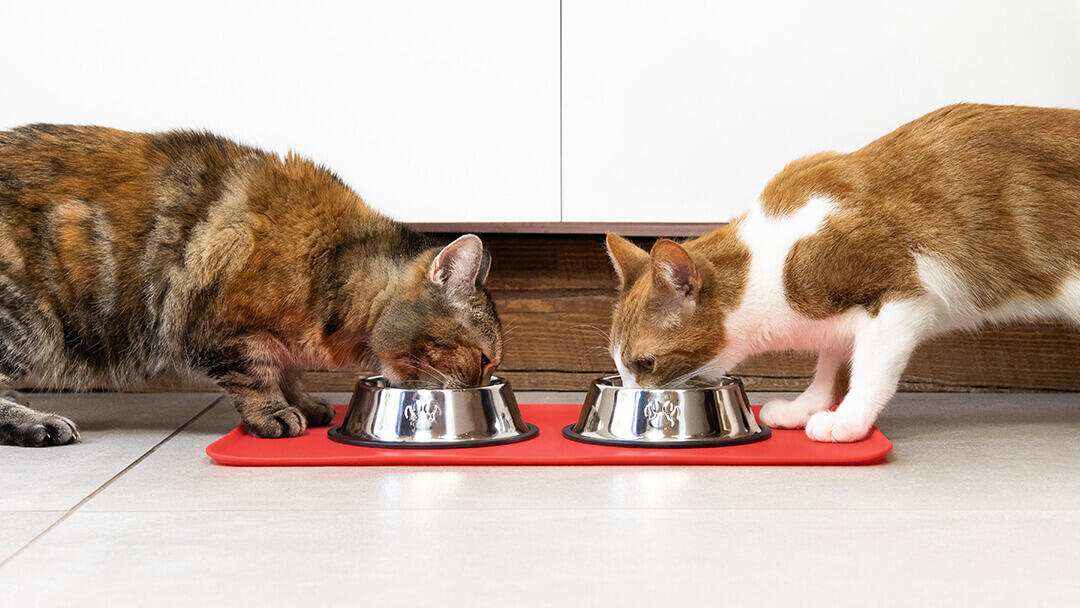


Feline immunodeficiency virus (FIV) is a virus that weakens a cat’s immune system and makes them susceptible to infections and diseases. It is one of the most common and consequential infectious diseases of cats around the world and it is incurable – although cats with FIV can live healthy lives for many years if managed appropriately.
Although it is similar to HIV in people, FIV is species-specific, which means it can only be transmitted from cat to cat, not to humans or other animals.
What is Feline immunodeficiency virus (FIV)?
Feline immunodeficiency virus (FIV) is a lentivirus. Lentiviruses typically only cause disease slowly and thus infected cats may remain healthy for many years before showing signs of disease. Once a cat has been infected with FIV, the infection is permanent and needs to be managed rather than cured and there is currently no vaccine available to protect against FIV.
How can my cat contract Feline immunodeficiency virus (FIV)?
FIV is present in the blood and saliva of infected cats but as it cannot survive for long outside the body and requires a high dose to cause an infection, it is not easily transmitted from cat to cat.
The most frequent way FIV is spread is through a bite from another cat, when the virus in the saliva of an infected cat is introduced directly into the blood of the cat it bites. For this reason, male cats that fight often are most likely to be infected.
As the virus cannot be transmitted via food, feeding bowls, bedding or hands, the virus spreading within groups of cats which do not fight is highly unlikely. Occasionally infection is transmitted from an infected mother cat to her kittens during the birthing process or via her milk. Sexual contact is not a significant means of spreading FIV in cats.
How does Feline immunodeficiency virus (FIV) cause cat diseases?
Many FIV-infected cats are able to live happily with the virus for a long period of time, and in some cats FIV will never cause any clinical disease.
FIV in cats infects cells of the immune system (white blood cells) effecting their normal function.
This means that as the disease progresses, germs found in the everyday environment - where they usually do not affect healthy animals - can cause severe illness in cats with a weakened immune system caused by FIV. These secondary infections are responsible for many of the diseases associated with FIV. This can include chronic or recurring infections of the skin, eyes, urinary tract, or respiratory tract. Dental and gum disease in cats affected with FIV are also common.
Feline immunodeficiency virus (FIV) Symptoms
Although there are no specific symptoms associated with FIV in cats, typical signs of secondary infections include:
- Weight loss.
- Lethargy.
- Fever.
- Gingivitis and stomatitis (inflammation of the gums and mouth).
- Enlarged lymph nodes.
- Weight loss.
- Chronic or recurrent intestinal, respiratory, ocular or skin disease.
- Neurological disease (in some cats the virus can affect the brain) and seizures.
- Behavioural change.
Feline immunodeficiency virus (FIV) Treatments
The main aims when managing an FIV-positive cat are firstly to prevent the spread of infection to other cats, and secondly to maintain a healthy quality of life for the infected cat to prevent as far as possible secondary infections.
FIV positive cats should be neutered and kept indoors to reduce the risk of fighting and spreading infection. Maintaining good health by vaccinating and using regular flea and worm control, in addition to feeding your cat a high-quality diet, is very important. Avoiding raw food helps reduce the exposure to pathogens which may be harmful to the cat.
Some antiviral medications used in human patients with HIV infection (such as interferons and AZT) have also been shown to help some cats with severe dental inflammation or neurologic disease but these do not prolong survival and have serious side effects. There is ongoing research on combination antiviral treatment however and so it is important to treat in conjuction with your vet.
It can be upsetting to receive a positive FIV diagnosis for your cat, but with good preventative healthcare and support from your vet, most cats with FIV can live happily and healthily for many years.
Next, find out more about unusual cat illnesses with our helpful guide.

More articles by Pro Plan



